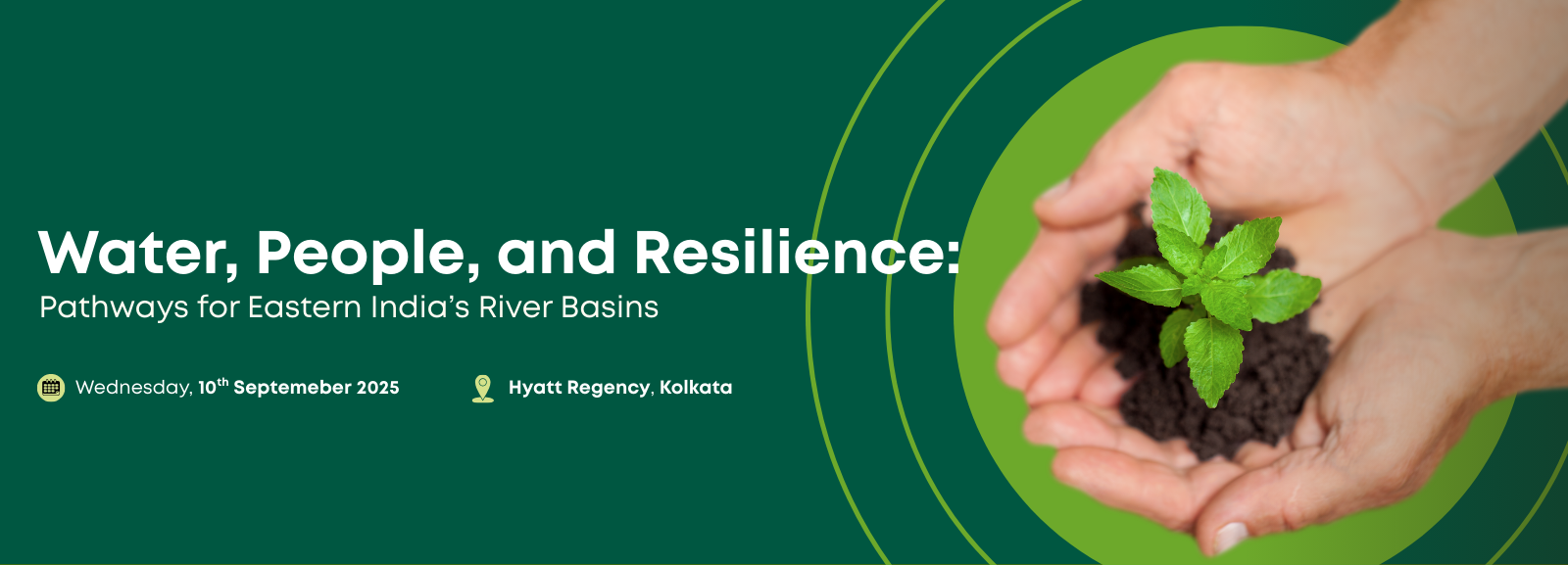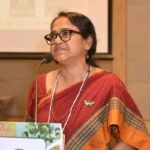
Eastern India lives with water in its many forms—life-giving and life-threatening. The vast river systems of the Ganga, Brahmaputra, and their tributaries sustain agriculture, fisheries, transport, and culture. Yet, they also bring recurring floods, riverbank erosion, and chronic waterlogging. Every year, millions across Assam, Bihar, Odisha, and West Bengal are affected, with livelihoods disrupted, homes displaced, and infrastructures overstressed.
Climate change is intensifying these risks. Erratic rainfall patterns accelerated glacial melt in the Himalayas, and more extreme monsoon events have heightened flood cycles. Hilly districts in Northeast India now face an added risk of flash floods and landslides—driven by cloudbursts, deforestation, and fragile mountain ecosystems. These sudden-onset disasters can wipe out entire villages in a matter of hours and exacerbate vulnerabilities in remote areas with limited infrastructure.
Meanwhile, the Sundarbans—home to the world’s largest mangrove delta—faces rising seas, saline intrusion, cyclones, and flooding. Communities living here grapple with dual risks: riverine flooding from upstream and tidal surges from the Bay of Bengal, which threaten both the lives and ecosystems of global significance.
Yet, Eastern India also demonstrates resilience. Communities have raised homes on stilts, diversified crops, and organised disaster preparedness practices. State-level initiatives include large-scale embankment projects, watershed management, early warning systems, and climate-resilient urban planning. Cities like Kolkata are experimenting with nature-based solutions, such as restoring wetlands and ponds, to improve water retention and drainage. Assam has invested in predictive flood forecasting, while cross-district collaborations are beginning to rethink integrated river-basin management.
The core challenge is to integrate local adaptation, technological innovations, and institutional coordination into a coherent, climate-resilient future for Eastern India’s riverine and deltaic geographies.
10:45 am – 11:00 am | Welcome Address | Rupa Dawane, |
11:00 am – 12:30 pm | Panel Discussion:
Emerging Businesses in Climate Action: Leading the Change for a Sustainable Future | Nagaraja Prakasam, In-Resident Mentor, IIM Bangalore | Co-Founder & Chairman, Nativeland Sucharita S Eashwar, Founder, Catalyst for Women Entrepreneurship India (CWE) Dr. Amir Bazaz, Head – Infrastructure and Climate Practice, Indian Institute for Human Settlements (IIHS) Ashish Singh Co-Founder & Chief Business Officer, Clairco Mahadev Chikkanna, Founder, Mynusco Rahul Lamba, Co-founder, The Energy Company Moderator: Ajay Pandey, Founder-Director, Thinkthrough Consulting Pvt. Ltd. Audience Q&A |
12:30 pm – 12:45 pm |
| Networking Tea Break |
12:45 pm – 01:00 pm | Past Winners’ Speak | Nikky Kumar Jha, Co-Founder at Saptkrishi (Sabjikothi) |
01:00 pm Onwards | Networking Lunch |

Joint Secretary & Programme Director, Nature Environment & Wildlife Society (NEWS)

Executive Director, Indian Institute of Bio-Social Research and Development (IBRAD)

Chief Advisor, Centre for Environmental Management and Participatory Development
Date: 23rd October 2024
Time: 10:00 AM to 01:30 PM followed by Lunch
Venue: Taj MG Road,
41/3 Mahatma Gandhi Road
Bengaluru 560001, Karnataka, India
Hall: Vijayanagar